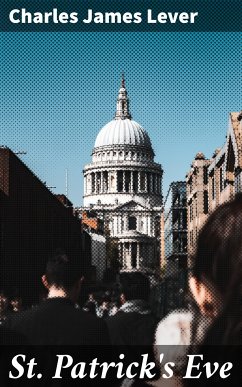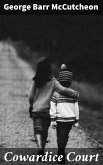In "St. Patrick's Eve," Charles James Lever weaves a captivating tapestry of Irish folklore, adventure, and romance, all set against the backdrop of the cherished Irish celebration of St. Patrick'Äôs Day. The narrative unfurls with Lever'Äôs characteristic wit and keen social commentary, capturing the essence of 19th-century Ireland. Through a series of vividly drawn characters, Lever explores themes of loyalty, social class, and the clashing of traditional values with burgeoning modernity, all delivered in his engaging and lively prose that draws the reader into both the plot and the pastoral beauty of the Irish landscape. Lever, an influential figure in Irish literature, was born in Dublin and was deeply rooted in the culture and politics of his homeland. His experiences as a doctor and a wanderer instilled in him a rich understanding of human nature and the complexities of Irish identity during a time of significant change. Lever'Äôs affinity for storytelling is evident in his ability to blend humor with deeper social observations, reflecting his appreciation for Irish folklore and the oral tradition. "St. Patrick's Eve" is a delightful read for those who appreciate classic literature infused with humor and heart. Lever's vivid characters and evocative descriptions offer a charming glimpse into Irish culture, making this novel not only an entertaining escapade but also a meaningful exploration of identity and community. It is a must-read for enthusiasts of British and Irish literature.
Dieser Download kann aus rechtlichen Gründen nur mit Rechnungsadresse in A, B, BG, CY, CZ, D, DK, EW, E, FIN, F, GR, H, IRL, I, LT, L, LR, M, NL, PL, P, R, S, SLO, SK ausgeliefert werden.









